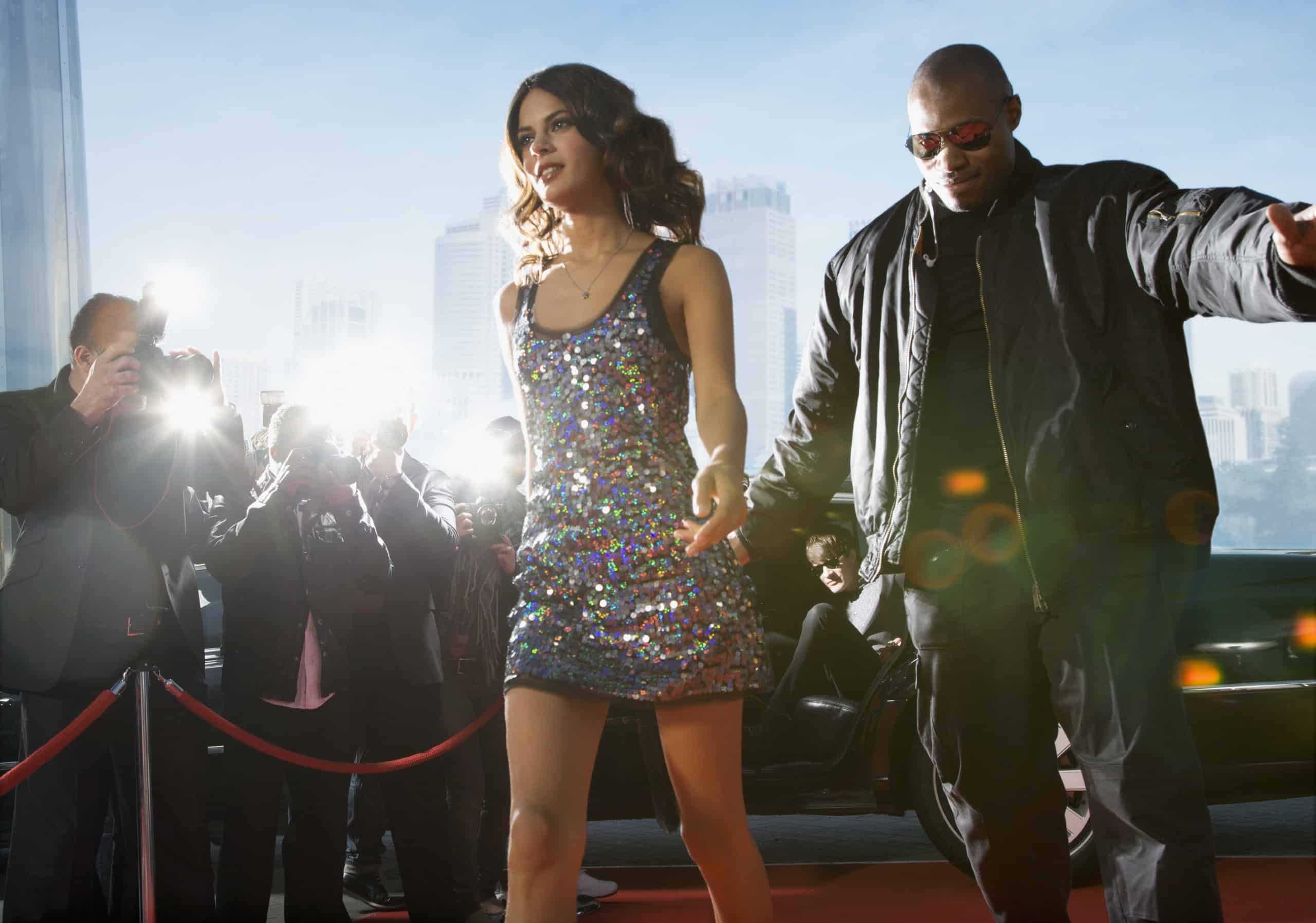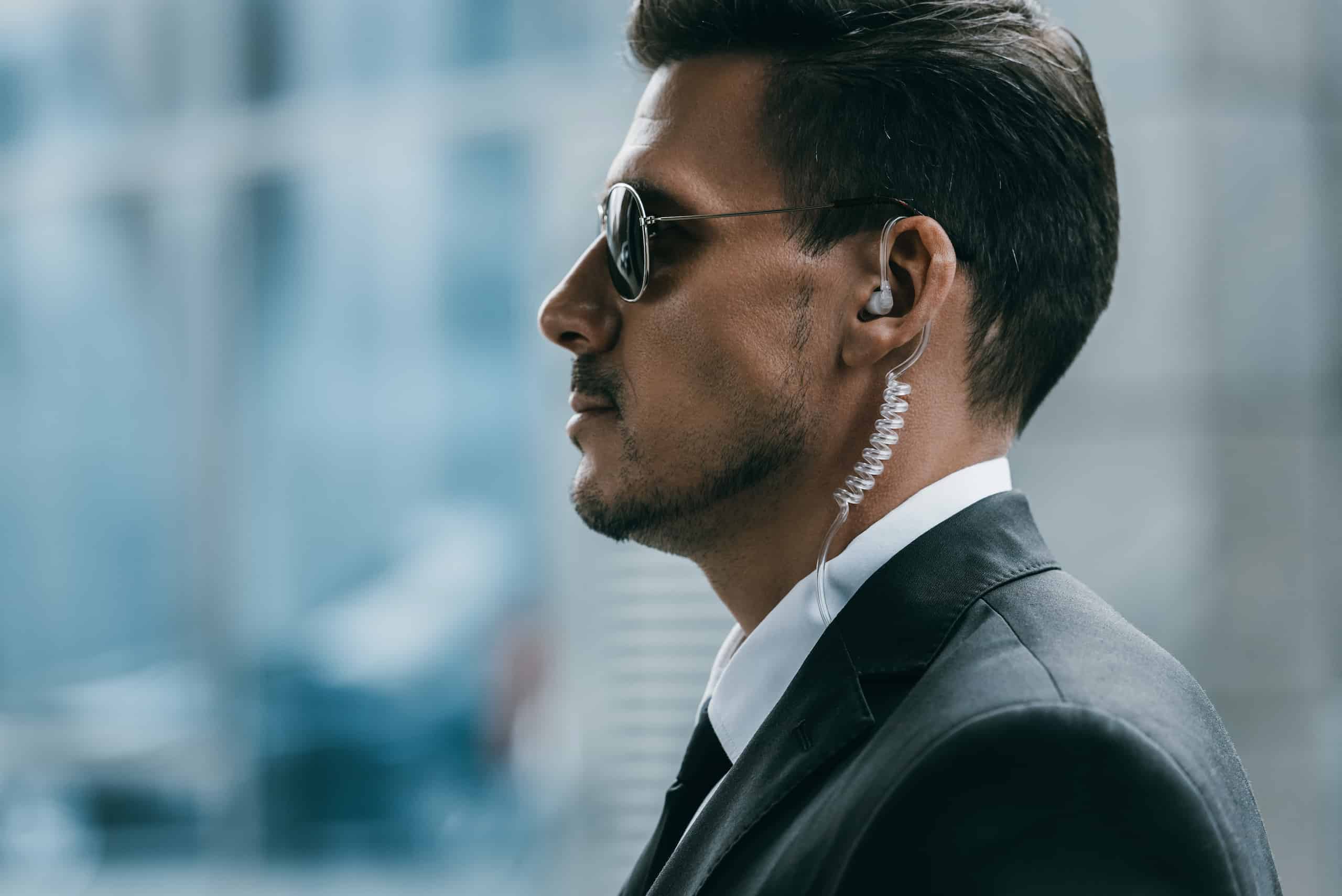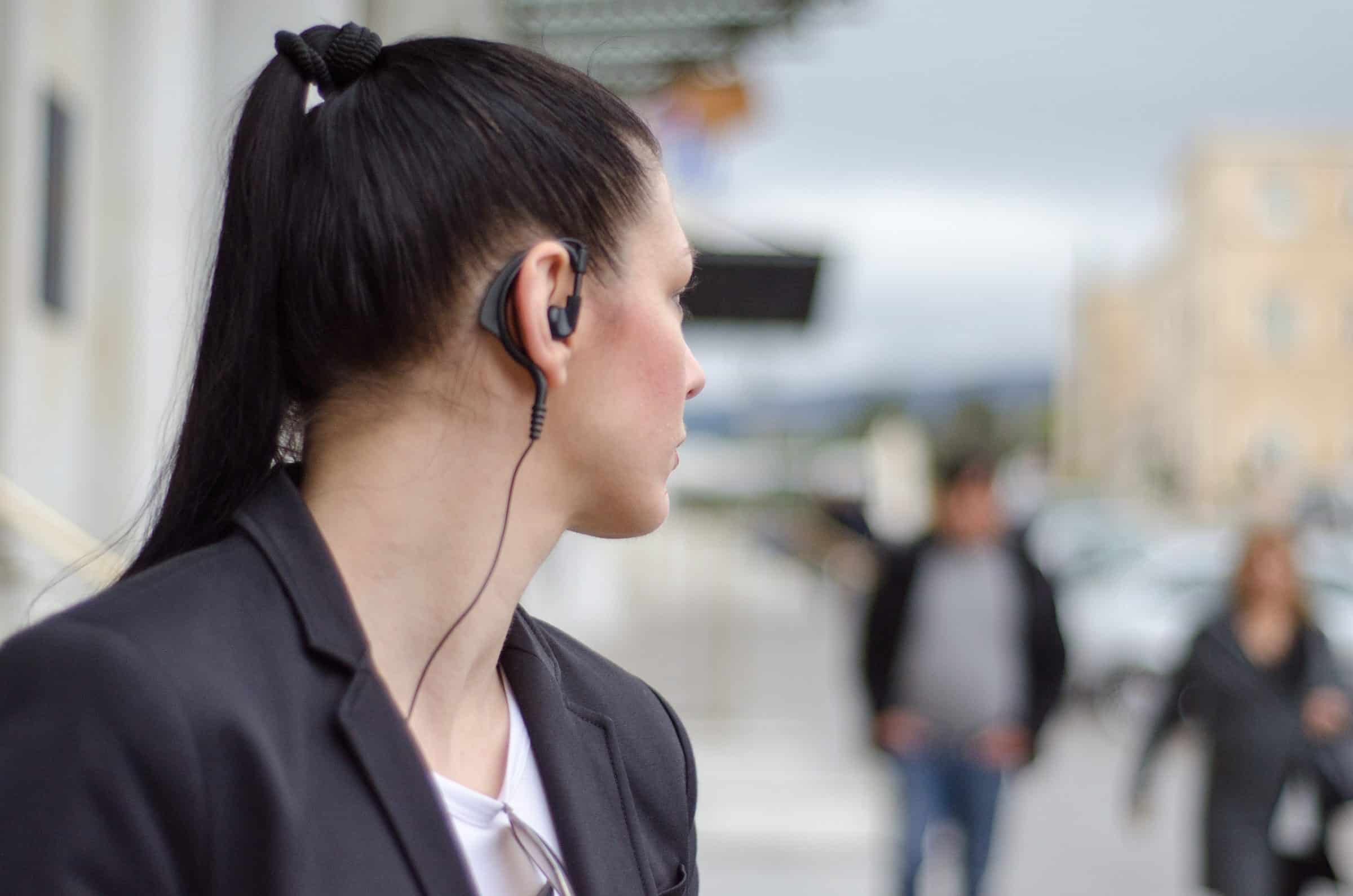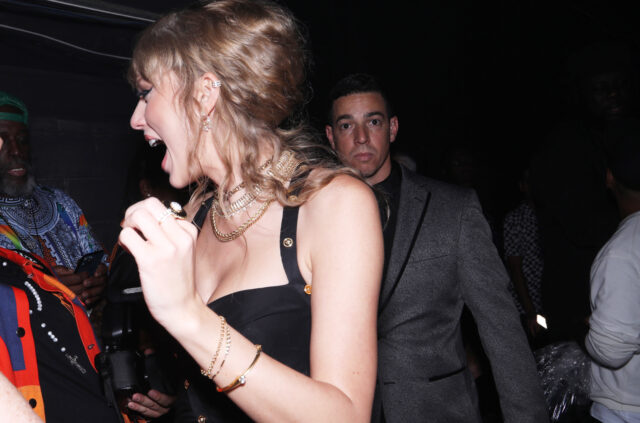In an era where the limelight shines fiercely on music artists, the demand for personal security has surged dramatically. Every vibrant performance and chart-topping single brings a flurry of adoration from fans, but it also spawns an undercurrent of potential threats.
Enter the bodyguard—a silent sentinel who stands between stardom and vulnerability. These often unsung heroes are far more than mere protectors; they are confidants, strategists, and, at times, a calming presence in the whirlwind that is a celebrity life.
Behind the glitz and glamour, the reality can be daunting. From frenzied meet-and-greets to high-profile events, life as a music artist comes with a unique set of challenges, where the stakes are high and safety is imperative.
This article dives deep into the multifaceted role of bodyguards in the music industry, exploring not just their protective duties but also the intricate relationships they forge with those they guard, illuminating the interplay between security and the artist’s creative freedom.
Introduction: The Importance of Security in the Music Industry

In an industry often defined by glamour, talent, and relentless public scrutiny, the importance of security in the music world cannot be overstated. Artists, who pour their souls into their craft, often find themselves at the mercy of zealous fans, lurking threats, and a media landscape that thrives on sensationalism.
Amid this complexity, bodyguards emerge not only as protectors but as silent sentinels in the tempestuous life of a musician. They are the unseen guardians whose presence allows artists to navigate their careers with a semblance of normalcy, yet their role transcends mere physical protection.
Bodyguards understand the unique pressures of fame—balancing the need for safety with the artist’s desire for connection, creativity, and the freedom to express themselves. In exploring their vital role, we uncover the intricate dance between celebrity and security that shapes the lives of music artists in profound ways.
The Evolution of Bodyguards in Music: A Historical Perspective

The evolution of bodyguards in the music industry is a fascinating narrative, tracing its roots back to the frenetic energy of the 1960s and 70s, when rock and roll icons like The Beatles and Jimi Hendrix began to attract unprecedented levels of fame—and attention. Initially, security meant little more than a few friends in the crowd, but as the threats against artists intensified, especially with the rise of fan obsession and media scrutiny, the role evolved dramatically.
By the 1980s, high-profile incidents, including the tragic assassinations that shook the entertainment world, necessitated a more professional approach to artist security. Today, bodyguards aren’t just muscle; they’re trained in de-escalation tactics, threat assessment, and even celebrity etiquette.
This transition reflects broader societal changes, where the line between artist and audience blurs dangerously. Artists now rely on these professionals not just for protection, but for peace of mind in an industry fraught with unpredictability, making the bodyguard an indispensable part of an artist’s entourage.
Understanding the Risks: Threats Faced by Music Artists

In an industry that thrives on celebrity and visibility, music artists often find themselves exposed to a whirlwind of risks, encompassing everything from obsessive fans to potential threats from stalkers and opportunistic criminals. The very essence of their fame can become a double-edged sword; while it brings adoration, it can also attract individuals with malicious intent.
Moreover, the digital age has amplified these dangers, as social media allows harmful interactions to reach unprecedented levels, intensifying the scrutiny of artists’ private lives. Consider the stark reality of a high-profile artist performing in a packed stadium—navigating that sea of fervent admirers doesn’t just involve basking in applause; it requires a keen awareness of potential dangers lurking in the shadows.
Thus, understanding this volatile landscape is crucial, as the safety and well-being of music artists hinge on the recognition of these threats and the proactive measures they must take to counteract them.
Conclusion
In conclusion, the presence of bodyguards in the lives of music artists is more than just a matter of security; it plays a crucial role in enabling these individuals to express their creativity and connect with their fans without the constant intrusion of danger. The unique challenges posed by the entertainment industry, including relentless public scrutiny and the potential for threats, highlight the necessity of professional protection.
With rigorous bodyguard training that equips them to navigate complex environments and unpredictable situations, these guardians become vital allies, ensuring the safety and well-being of artists as they pursue their passions. Ultimately, the partnership between music artists and their bodyguards is a testament to the importance of protection in fostering artistic freedom and maintaining personal safety in an often chaotic world.




